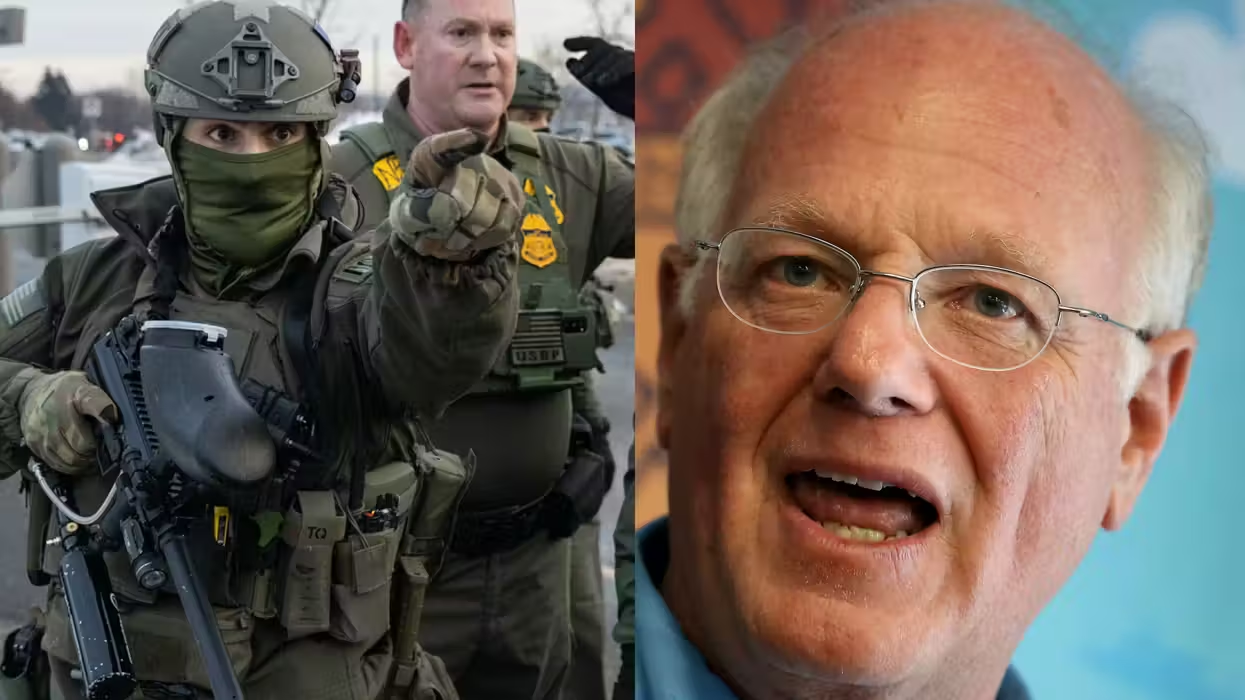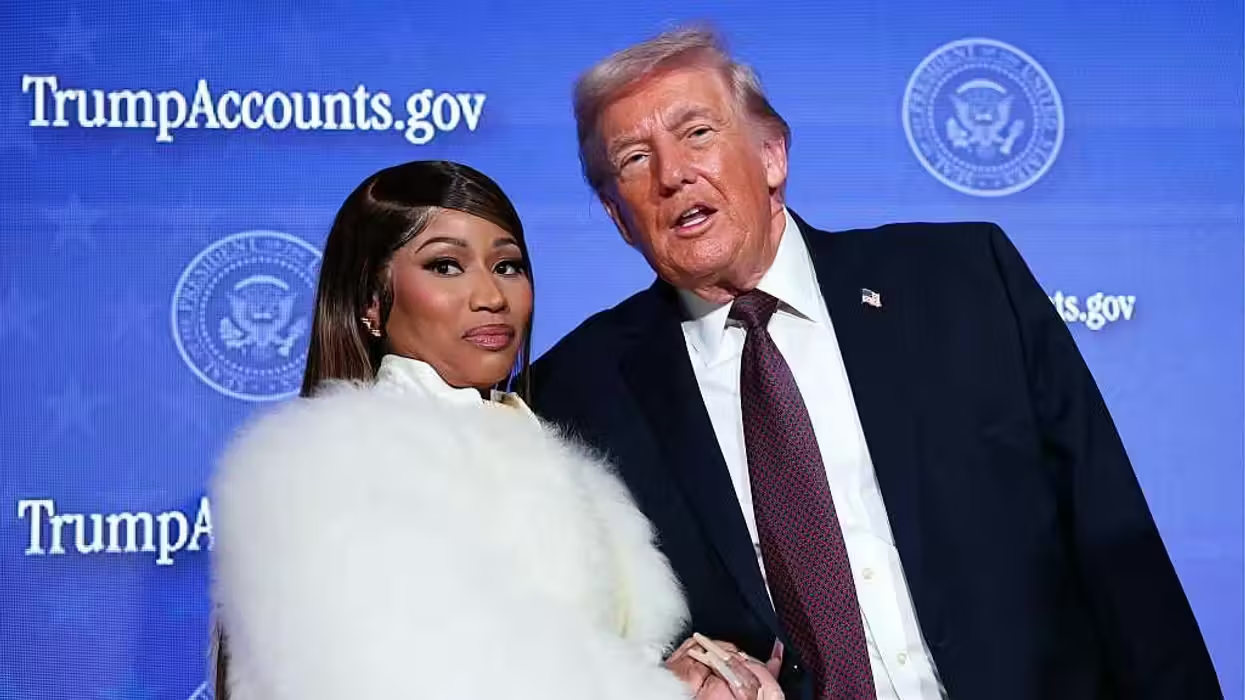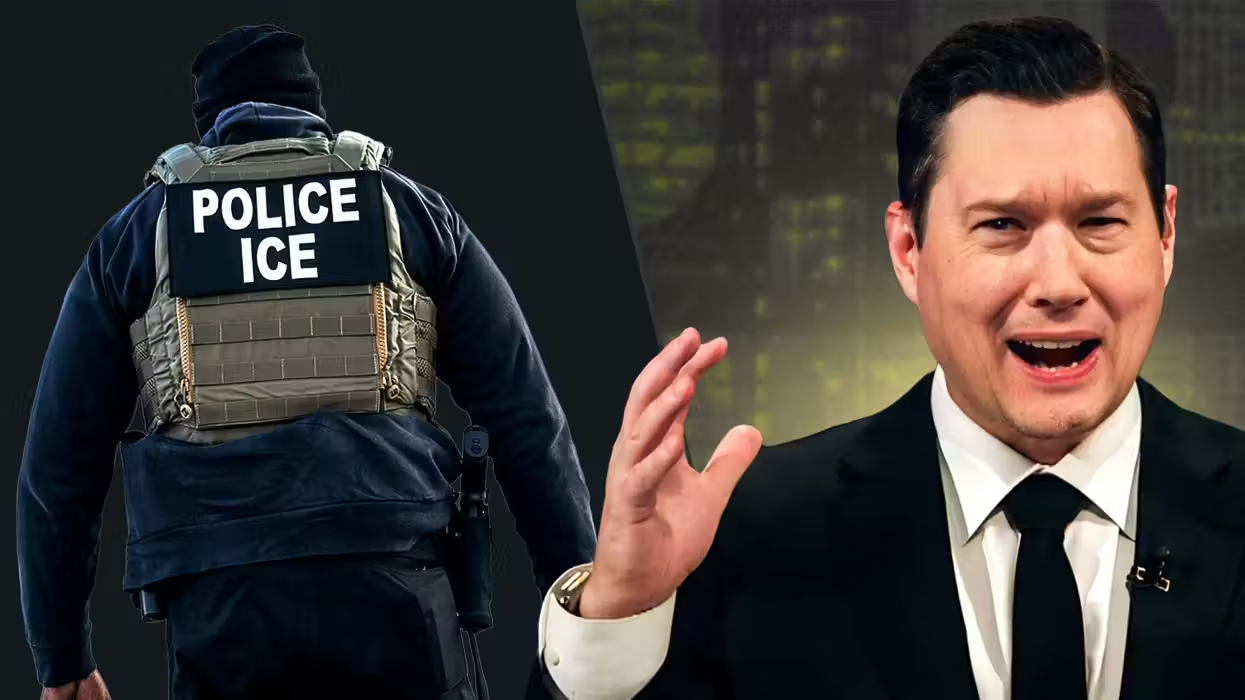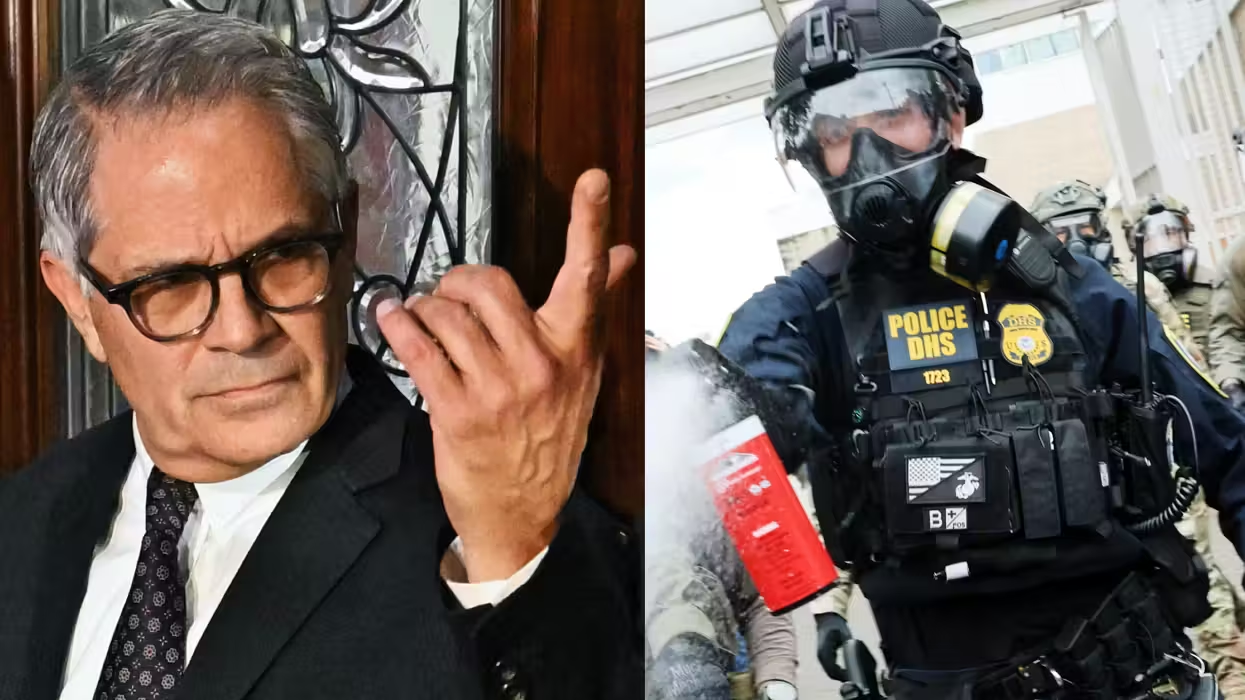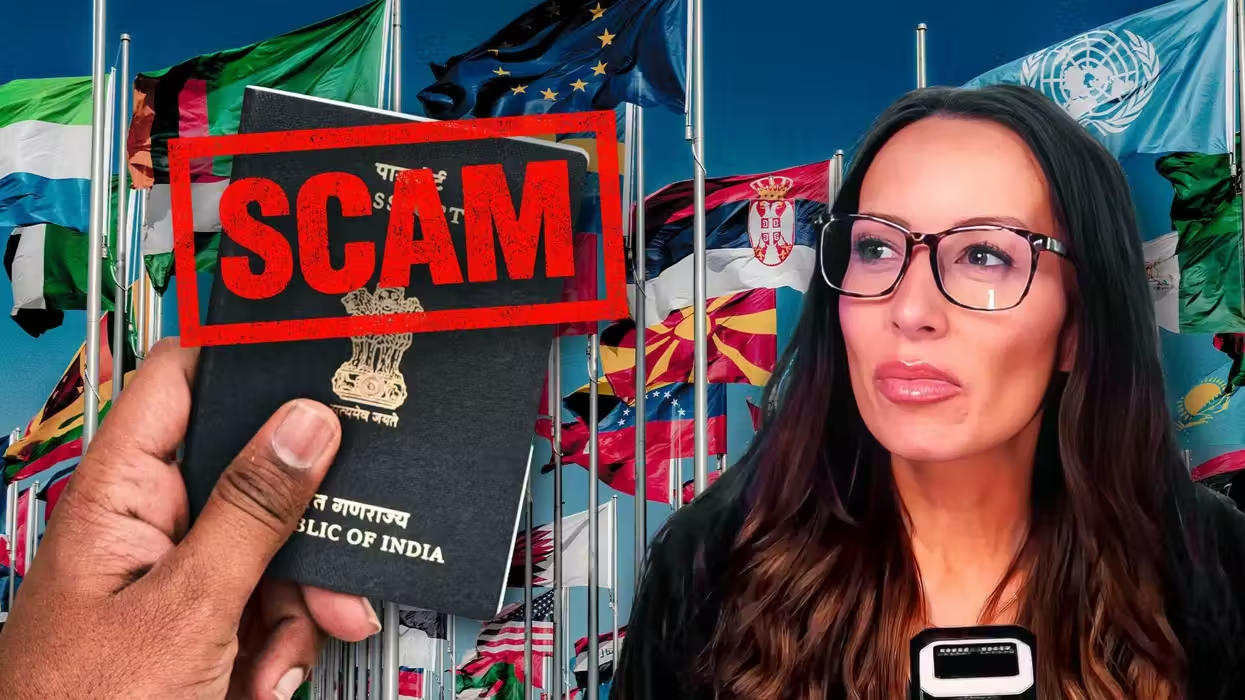On Dec. 6, 1941, Americans knew that much of the world was on fire. But they didn’t know how close they were to being dragged into the conflict.
Radio intercepts and other intelligence pointed to a sneak attack on Pearl Harbor, but those were largely overlooked. Gen. Billy Mitchell sounded a prophetic warning of the coming attack, but he was court martialed for his trouble. Blissful ignorance can last only so long, however, as America learned the next day.
Most Americans today understand that another global war is underway; only this time it’s cyber-economic in nature.
We’ve seen bank accounts confiscated in Cyprus, the collapse of currencies in Turkey and Argentina, and the economic train wreck in Greece. But these problems won’t affect us, or so we hope.
But the very conditions that have brought economic havoc to others are at work in America right now. Our entitlement spending is out of control—we have no way to pay future generations what we’ve promised in retirement and health care. Our debt is unsustainable. There’s no reasonable plan to pay back our debt, let alone slow its dramatic growth. And the rest of the world—friends and foes alike—is losing confidence in our ability to hold things together. Our enemies aren’t blind. They are preparing to exploit America’s growing vulnerabilities.
[sharequote align="center"]Our enemies aren’t blind. They are preparing to exploit America’s growing vulnerabilities.[/sharequote]
How can we miss these obvious signs?
The successful hacking of Target likely started in Russia. Our web traffic has suspiciously been routed through Belarus and China. Every day, there are hacking attempts originating in Moscow, Beijing, and cities throughout the Middle East and North Korea.
Last year, terrorists shot up an electric substation outside San Jose, Cali. and almost shut off power to Silicon Valley. The Syrian Electronic Army hacked the Associated Press Twitter feed and temporarily crashed the stock market. The official Chinese News Agency demanded that the world be “de-Americanized” and that the U.S. dollar cease to be the world’s reserve currency. Russia’s Vladimir Putin, the head of al Qaeda, and a former chief economist for the World Bank (who now serves as an advisor to the Chinese government) have recently expressed similar thoughts. Even our athletes in Sochi are restricted from using the Internet because of cyber espionage.
 In this March 8, 2012 photo, Norwich University student Adam Marenna, of Belair, Md., works on computers in Northfield, Vt. Deep in the bowels of a building on the campus of the nation�s oldest private military academy, students from across the globe are being taught to fight the war of the future. (Photo: AP/Toby Talbot)
In this March 8, 2012 photo, Norwich University student Adam Marenna, of Belair, Md., works on computers in Northfield, Vt. Deep in the bowels of a building on the campus of the nation�s oldest private military academy, students from across the globe are being taught to fight the war of the future. (Photo: AP/Toby Talbot)
What do these seemingly random and disparate events have in common? They’re all described as strategies for economic warfare in a book produced by the Chinese army under the (translated) title "Unrestricted Warfare." The goal? To bring down a superpower.
So far, none of the attacks have risen to the level of a Pearl Harbor. Yet each should be viewed as a “test run” of something far worse.
There is even chatter about the deployment of weapons for an electromagnetic pulse (EMP) attack on the U.S. electrical grid. An EMP attack is a nation killer. Without the electrical grid, modern civilization would collapse. EMPs are discussed in "Unrestricted Warfare," and China, Russia, North Korea, and Iran have hinted at their interest in such an unthinkable blow. Of course, coordinated attacks by conventional means against critical Internet systems, the electrical grid, and financial markets could be as lethal as an EMP.
In foreign military and intelligence circles, they’re talking about a coming attack on America even as our own authorities ignore the threat. Of course, there was plenty of chatter before Sept. 11, 2001 as well—we just failed to connect the dots.
 Power line towers are shown July 12, 2002 in Palo Alto, California. Photo Credit: Justin Sullivan/Getty Images
Power line towers are shown July 12, 2002 in Palo Alto, California. Photo Credit: Justin Sullivan/Getty Images
America has a growing list of enemies, and some of them have built relationships with our allies. We were once indispensible to world order. But thanks to the Edward Snowden NSA revelations, Wikileaks, and ongoing propaganda campaigns, America is viewed across the globe as the greatest threat to world peace.
Our stature is diminished, our allies feel betrayed or neglected, and our enemies are emboldened. Our enemies now wield a variety of economic weapons and have the motive, means, and opportunity to use them. If they were to do so now, we would be devastated.
There were sinister elements of financial terrorism at work in the economic heart attack of 2008, as I outlined in a report for the Pentagon and later described in my The New York Times bestseller "Secret Weapon: How Economic Terrorism Brought Down the U.S. Stock Market and Why it Can Happen Again."
Since that research was published, the risks have substantially increased. Our national debt has risen from around $10 trillion to almost $18 trillion. This would restrict our ability to apply massive stimulus to the economy as we did five years ago. At the same time, the dollar has begun to lose its safe-haven status.
 Newly redesigned $100 notes lay in stacks at the Bureau of Engraving and Printing on May 20, 2013 in Washington, DC. Credit: Getty Images
Newly redesigned $100 notes lay in stacks at the Bureau of Engraving and Printing on May 20, 2013 in Washington, DC. Credit: Getty Images
In 2008, when things were falling apart, the whole planet rushed into the dollar, making our response to the crisis much more powerful. Now, whether we realize it or not, foreigners are starting to laugh at the dollar. Emerging nations view it as destabilizing and have begun to trade in their own currencies. Even the IMF and United Nations have called for an end to the dollar’s reign.
A new world war is brewing and it will be like no other war before it. Juan Zarate, a former Treasury official and author of "Treasury’s War: The Unleashing of a New Era of Financial Warfare," warns that “the United States faces unique systemic vulnerabilities and internal weaknesses that adversaries in the coming financial wars could exploit.” The “blending of financial and cyber warfare represents the new frontier,” he continues, and the United States “is uniquely vulnerable” and “unprepared to defend itself from the looming external threats and internal vulnerabilities.”
These financial wars are inevitable, and they’re coming sooner than we think. We can hear their rumblings already. This is the beginning of World War III, and—God help us—we are not ready.
Kevin D. Freeman, CFA, is the author of "Game Plan: How to Protect Yourself from the Coming Cyber-Economic Attack." The Pentagon tasked him in 2009 to study the risks of economic warfare and financial terrorism and serves as a Senior Fellow at the Center for Security Policy. Personally selected by Sir John Templeton to help build the Templeton Private Client Group, he has more than thirty years of experience in financial markets.
–
TheBlaze contributor channel supports an open discourse on a range of views. The opinions expressed in this channel are solely those of each individual author.

 In this March 8, 2012 photo, Norwich University student Adam Marenna, of Belair, Md., works on computers in Northfield, Vt. Deep in the bowels of a building on the campus of the nation�s oldest private military academy, students from across the globe are being taught to fight the war of the future. (Photo: AP/Toby Talbot)
In this March 8, 2012 photo, Norwich University student Adam Marenna, of Belair, Md., works on computers in Northfield, Vt. Deep in the bowels of a building on the campus of the nation�s oldest private military academy, students from across the globe are being taught to fight the war of the future. (Photo: AP/Toby Talbot)


